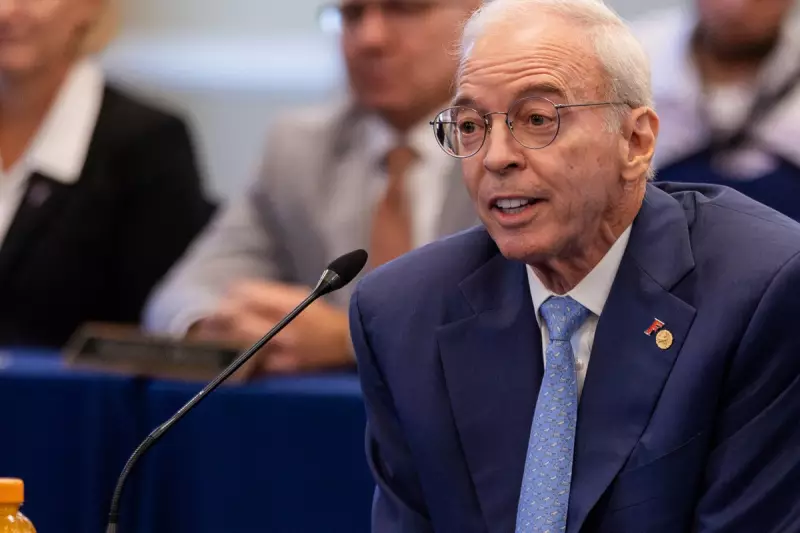
In a significant escalation of the US education culture wars, the prestigious University of Michigan has abruptly severed numerous research and programme partnerships with Florida-based institutions. The decision comes as a direct response to Florida's increasingly restrictive legislation targeting diversity, equity, and inclusion (DEI) initiatives in public education.
A Principle-Stand Against Restrictive Legislation
University officials confirmed the termination of multiple collaborations, citing fundamental conflicts with the institution's core values of inclusivity and academic freedom. The move represents one of the most substantial academic boycotts by a major US university in response to state-level DEI policies.
The catalyst for this decisive action is Florida's SB 266, which came into effect last year. The controversial law prohibits public colleges and universities from using state or federal funds for programmes or activities that advocate for DEI, as defined by the state's conservative government.
What Partnerships Were Affected?
The severed collaborations include:
- Joint research initiatives with Florida State University
- A long-standing student exchange programme with the University of Florida
- Collaborative public health projects with several Florida-based medical institutions
The Growing National Divide on Campus Diversity
This development highlights the deepening ideological rift in US higher education. While states like Florida and Texas move to eliminate DEI offices and programmes, more liberal-leaning states and institutions are doubling down on their commitment to these initiatives.
"When policies emerge that are contrary to our values, we must make difficult decisions," a University of Michigan spokesperson stated. "Our commitment to creating a diverse, equitable, and inclusive environment is non-negotiable."
The academic boycott signals a new front in the ongoing battle over the role of diversity initiatives in education, potentially setting a precedent for other institutions grappling with similar ethical dilemmas.





